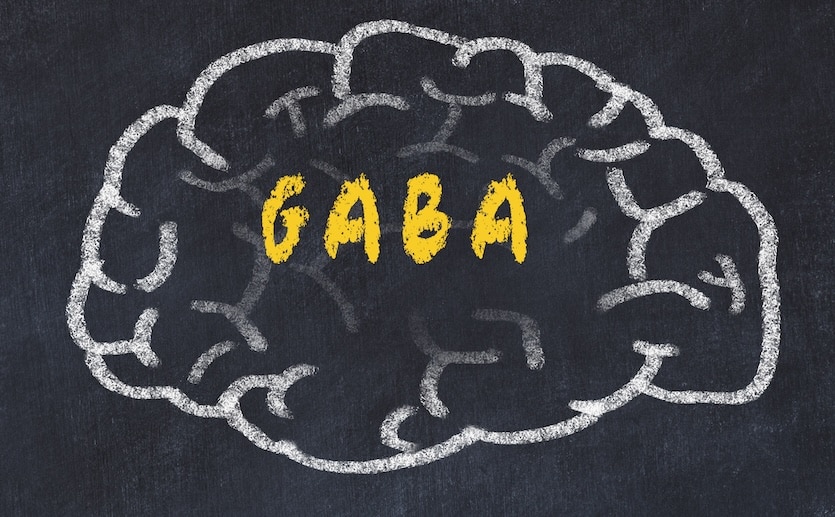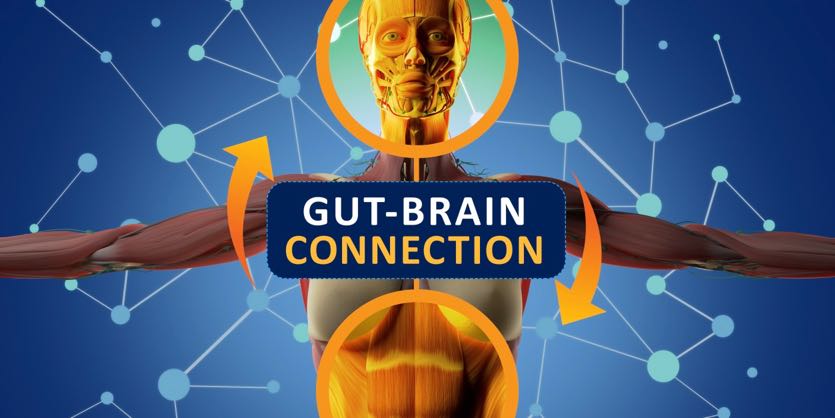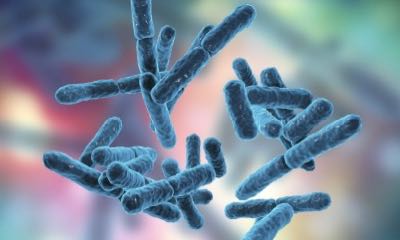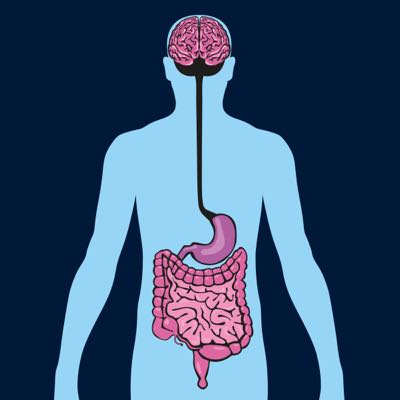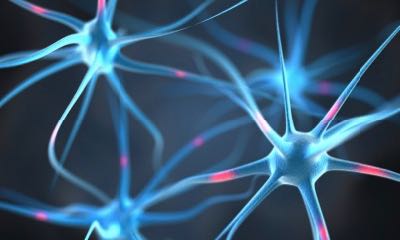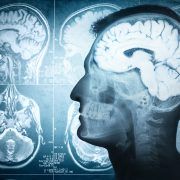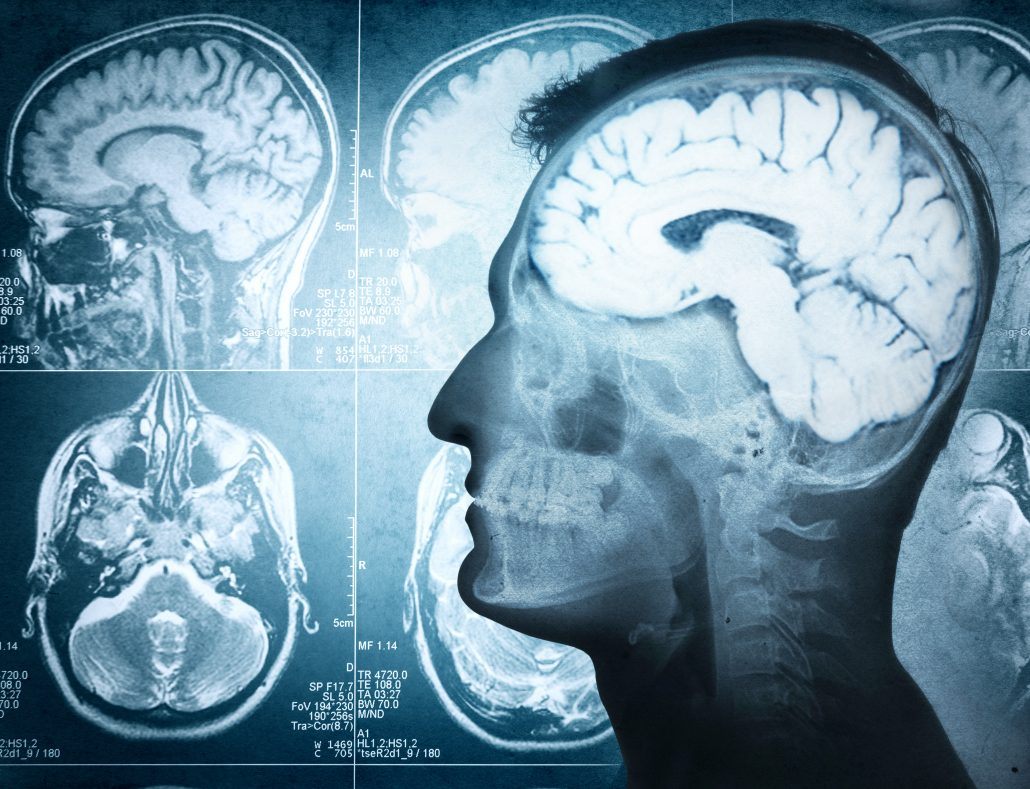Hormones are powerful. These chemical messengers reach every cell, tissue, and organ through your circulatory system, telling your body what to do and when to do it.
Having slightly too much or too little of certain hormones can have drastic impacts on your body and mind. And these fluctuations can be caused by a lengthy list of factors. For example, eating an unhealthy diet or not sleeping well can be enough to throw your hormones out of balance.
All genders experience hormone fluctuations, but women’s hormones fluctuate much more often than men’s. Some of this is natural, such as during the menstrual cycle, pregnancy, and menopause. Other factors are less natural, like women’s birth control, which often throws the hormones out of balance.
Stress—especially long-term stress—is one of the biggest disrupters of a healthy hormone balance. Unfortunately, studies show that women tend to be more stressed than men. There are inherent differences in the stress responses of each gender, of course, but there’s more to it than that. Social pressures and expectations often force women to juggle multiple roles. Like building a successful career while caregiving and raising a family—not to mention maintaining your health and personal life.
The long-term stress that many women experience has a major impact on the hormones.
All things considered, learning how to support healthy, balanced hormones is a major concern in women’s health.
Let’s discuss some common symptoms of a hormonal imbalance.
The Impact of Hormone Imbalance
When your hormones are out of balance, it can affect practically every aspect of your health and life. Here are some examples of the symptoms you may experience because of a hormone imbalance:
Mental Health
Key hormones are directly linked to emotional wellness. Women are more prone to anxiety and depression when certain hormones become elevated.
Social Health
Social behavior is deeply regulated by hormones. Abnormal levels of key hormones can impact your mood, and even cause changes in your personality. This can put a strain on relationships and make social engagement difficult.
Weight Management and Metabolism
Various hormones work together to regulate appetite, metabolism, and even body fat distribution. Fluctuations in hormones can cause weight gain, weight loss, cravings, and other metabolic changes that can make it difficult to maintain a stable, healthy weight.
Energy
One of the most common initial signs of an imbalance in hormones is fatigue. An overactive or underactive thyroid can cause fatigue. Heightened levels of progesterone can make you feel sleepy. And low estrogen can drain your energy levels.
Reproductive Health
Hormone imbalances are the leading cause of infertility. When your hormones are out of balance it can disrupt ovulation, menstrual cycles, and other biological processes necessary for a pregnancy to establish.
Sleep Quality
Estrogen and progesterone, play a key role in the regulation of sleep-wake cycles. During menopause or pregnancy, for example, these hormones can dip and fluctuate which contributes to sleep issues and even insomnia. Hot flashes and night sweats, which are common symptoms of hormonal changes, may also make sleep difficult.
Like we discussed earlier—hormones are extremely powerful. These chemical messengers control crucial aspects of what your body does and how you feel. Supporting a healthy balance of hormones in the body is a fundamental aspect of health, especially women’s health.
Before we dive into the tips and tricks for supporting a healthy hormone balance, let’s review some of the main hormones in the endocrine system and what they do.
Key Hormones for Women’s Health
You’re probably familiar with estrogen. It plays the most significant role in women’s health. But several other hormones are part of the equation too. Together these hormones regulate metabolism, mood, energy levels, and much more.
Here’s a brief overview of how these hormones work.
Estrogen: A sex hormone associated with female reproductive health and the development of female sexual characteristics. Estrogen mediates the physical changes that a girl goes through during puberty. Aside from its role in reproductive health, estrogen is also involved in supporting cardiovascular, bone, and mental/emotional health.
Estrogen is produced mostly by the ovaries. The adrenal glands, which sit on top of the kidneys, also make small amounts of estrogen along with fat cells. Levels of estrogen in the body fluctuate throughout the menstrual cycle, and drop after menopause.
Progesterone: This is another hormone involved in reproductive processes. After ovulation, progesterone prepares the lining of the uterus (endometrium) for the possibility of pregnancy. If a woman does become pregnant, progesterone continues to produce other changes that ultimately help nourish a growing fetus.
Testosterone: You probably think of testosterone as a male hormone. But women make a small amount of testosterone in the ovaries and their adrenal glands. Testosterone supports bone health, muscle health, and a woman’s libido (sex drive).
Most of the testosterone produced by the ovaries is converted into estradiol, a key women’s sex hormone.
Thyroid Hormone: The thyroid gland is butterfly-shaped and located at the front of the neck. It’s responsible for releasing thyroid hormone which controls metabolism, growth, and many other bodily functions.
This is not an exhaustive list of hormones in a woman’s body, but hopefully, by being familiar with these key actors, you’ll better understand the overlapping functions of your hormones.
Now let’s get to the meat of our discussion on hormone health. Exploring what you can do immediately and in the long-term to directly support healthy and balanced hormone levels.
Holistic Strategies for Balanced Hormones
As we’ve already learned, abnormal hormone levels can be caused by natural life stages, lifestyle factors like stress or poor health, or in some cases, a medical condition. But luckily there are just as many ways to support a healthy hormone balance. Let’s discuss the spectrum of strategies.
Healthy Diet
Eating well is key for supporting a healthy hormone balance. Not just for your own nutrition but for the health of your gut microbiome, which is a key player in your endocrine system. The microbiota produces certain hormones itself and directly mediates various hormones involved in metabolism.
A poor diet can throw off your gut microbiome—and hormones—rather quickly. Processed meats and sugary foods are notorious for this. On the other hand, when you provide your body the nutrients it needs, and probiotics, the gut microbiome stays strong and diverse.
Eating enough protein and healthy fats are a key part of a healthy diet, but they’re essential for hormone balance. In the body, hormones are made from the amino acids in the protein you consume, and some lipid-based hormones are made from fats and cholesterols in your food.
Cruciferous vegetables provide the fiber, antioxidants, and phytonutrients that your body needs to support the liver in detoxifying hormones like estrogen. Neutralizing oxidative stress and detoxifying hormones is another important aspect of hormone health and balance.
The fiber in vegetables and the protein in your food both directly support a balanced and diverse gut microbiome.
Stress Management
A major cause of hormone imbalance is stress. Which means that developing skills to manage stress effectively can be extremely useful in supporting balanced hormones.
Stress is the result of certain hormones circulating through the body. Stress hormones are released by the adrenal glands whenever the body perceives danger. But if you’re dealing with a stressful job, or juggling multiple roles like caregiving, relationships, and a career, your body may perceive danger often. Cortisol, the primary stress hormone immediately raises blood sugar levels so that you can fight or run in a dangerous situation. But having elevated cortisol levels for extended periods of time can cause health concerns.
Luckily, there are ways to influence your body’s stress response at any given moment. Practicing meditation, deep breathing, yoga, or tai-chi are all ways to reduce the levels of stress hormones in circulation.
Stress management techniques can shift the body’s response to difficult situations, stimulate the endocrine system, and regulate hormones both in the short and long-term.
Exercise
Engaging in moderate physical activity has numerous benefits for your hormones. Exercise stimulates your endocrine system, which helps regulate your hormones. The endorphins released during exercise are hormones themselves and can help boost your mood and relieve stress.
Exercise helps the body draw in glucose from the blood without insulin, which improves insulin sensitivity.
A key part of your endocrine system is the hormone receptors on your cells that mediate all the signals circulating throughout your body. Physical activity increases your cells’ receptor sensitivity. When those receptors are more sensitive, they send and receive signals more efficiently and absorb nutrients better.
Exercise supports healthy liver function. Your liver is responsible for metabolizing hormones. The liver can transform hormones into different or more active forms. It can inactivate hormones and dispose of them. It can synthesize hormones. All these functions are key for a healthy hormone balance. When you exercise, your liver more effectively metabolizes estrogen which can help balance circulating estrogen levels. For women, exercise can even make the menstrual cycle more regular.
There are many other ways to support balanced hormones. Good quality sleep and other healthy lifestyle factors like socializing and spending time in nature can have significant benefits. In some cases medical intervention may also be necessary, especially when hormones are dysregulated because of a disease or condition.
The Takeaway: Supporting Hormone Balance and Women’s Health
In conclusion, supporting healthy and balanced hormones involves a multi-faceted approach. Lifestyle changes. Natural remedies. Mindful practices. All aspects of healthy living should be incorporated into your day-to-day life.
By focusing on nutrition, stress management, regular exercise, and quality sleep, individuals can create a foundation for better hormonal health. While holistic methods can be highly beneficial, it’s essential to work with a healthcare professional to ensure a personalized and safe approach. By embracing all these strategies, and supporting your endocrine system, you’ll achieve a healthier, more balanced state of well-being.





